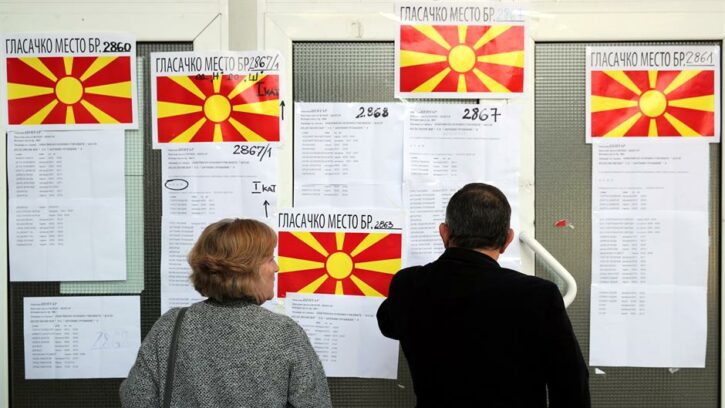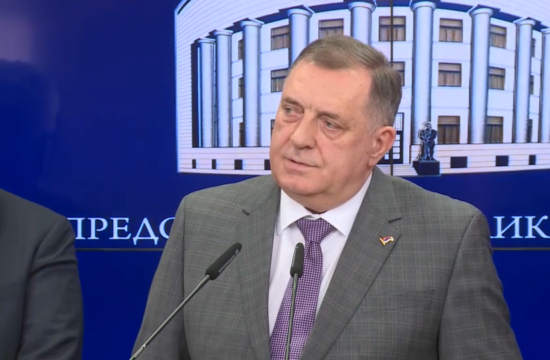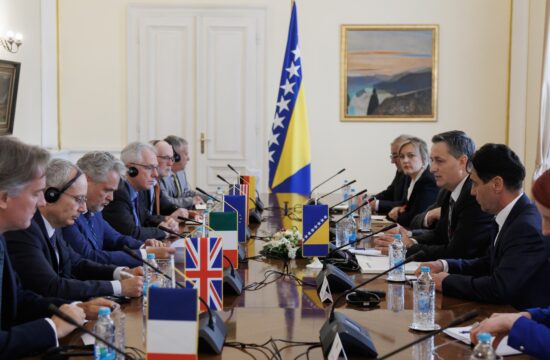
The Macedonian Republican Election Commission reported on its web site that about a third of registered voters had turned out for Sunday’s referendum on the Skoplje-Athens agreement to change the name of that former Yugoslav republic in exchange for Greek support for membership in the European Union and NATO.
According to election commission data, 36.87 percent of eligible voters (661,393) cast ballots with 91.48 percent of the votes cast in favour of the agreement and just 5.64 percent voting against it.
A total of 1,806,336 adults have the right to vote in Macedonia. At least 50 percent plus 1 voter had to turn out for the referendum to succeed. The results of the vote are not binding for parliament which now has to decide whether to ratify the agreement with Greece or not and change the country’s constitution, giving it the new name of North Macedonia.
Speaking after the polls closed, Prime Minister Zoran Zaev said that an early general election is possible if the opposition VRMO-DPMNE “fails to heed the voice of the people at the referendum” and does not support the change of name. “If we don’t have the required two-thirds majority in parliament we will call early elections, most probably late in November so that we can meet the deadlines in the agreement with Greece,” he said.
Zaev added that voters showed they want the agreement with Greece accepted so that the country can go on to become a member of the EU and NATO.
The Greek government issued a statement saying that a majority of the people who turned out voted in support of the agreement to resolve the name dispute but added that the results of the consultative referendum are controversial. “There are more votes in favour but a higher turnout was required. A large segment of society supports the agreement but another significant part views it with scepticism. Greece respects the choice of the citizens of FYROM,” the statement said.
Greek media also reported that Zaev and his Greek counterpart Alexis Tsipras spoke on the telephone following the referendum.
The Greek authorities want the southernmost former Yugoslav republic to change its name, claiming that this would allay fears of any possible territorial pretensions over northern parts of Greece. About 1,000 Macedonians gathered in front of parliament to celebrate the low turnout at the referendum.




